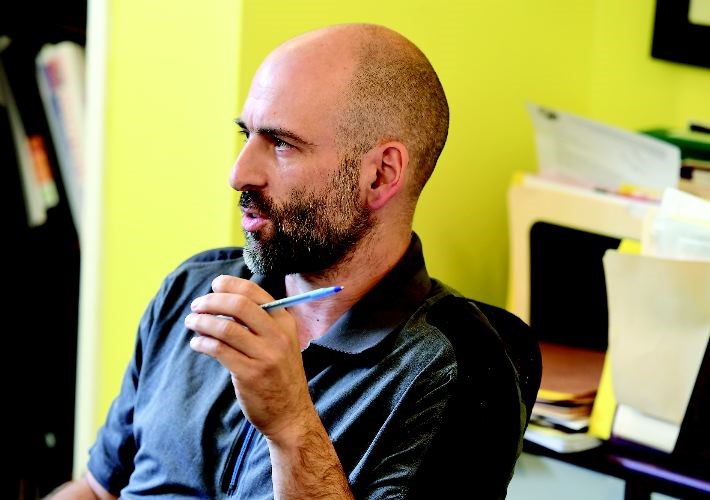With 10 vacant residential units, the Aboriginal Housing Society of Prince George was able to offer about 80 evacuees temporary residence as they fled Williams Lake and area while wildfires threatened the Cariboo.
"We came together with a group of other aboriginal service organizations as part of an overall plan for how we supported evacuees that were here," Christos Vardacostas, executive director for Aboriginal Housing Society of Prince George, said.
"In working with the others for the placement and the supports we needed, we ended up getting them what they needed."
Most of the evacuees housed by the society were families.
It took cooperation with community services to provide adequate supplies to go into the empty houses that were available to evacuees, like bedding and cots, household supplies and basic essentials which allowed evacuees to function in the home, Vardacostas added.
The evacuees were also encouraged and assisted to register with emergency social services and the Red Cross to ensure evacuees had access to all services allocated to them, he added.
Vardacostas said most evacuees have returned to their homes but some remain within the society's housing.
"Primarily with the hard work of our property managers, they just did it all," Vardacostas said.
"So between bedding and kitchen supplies they essentially just dropped everything and went and made sure these houses were set up. So it was 24/7 for about a week or two - well, it seemed like that anyway. We were lucky enough to have those spaces available and were able to mobilize our resources. I am very thankful that our staff was able to do that."
During the emergency situation, circumstances forged partnerships.
"It was wonderful to see organizations coming together to be able to reflect the fact that we're a community and to be able to drop everything and see so many organizations were able to mobilize in a way where they could reorient themselves to help and that was huge," Vardacostas said.



